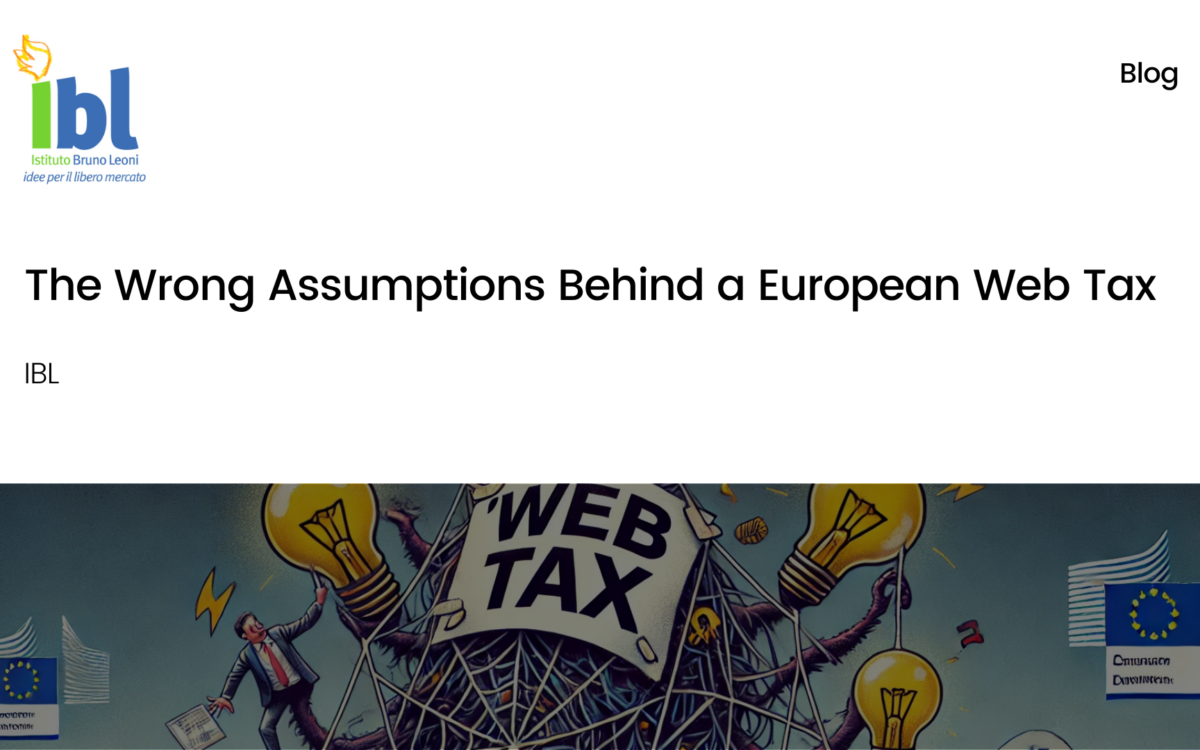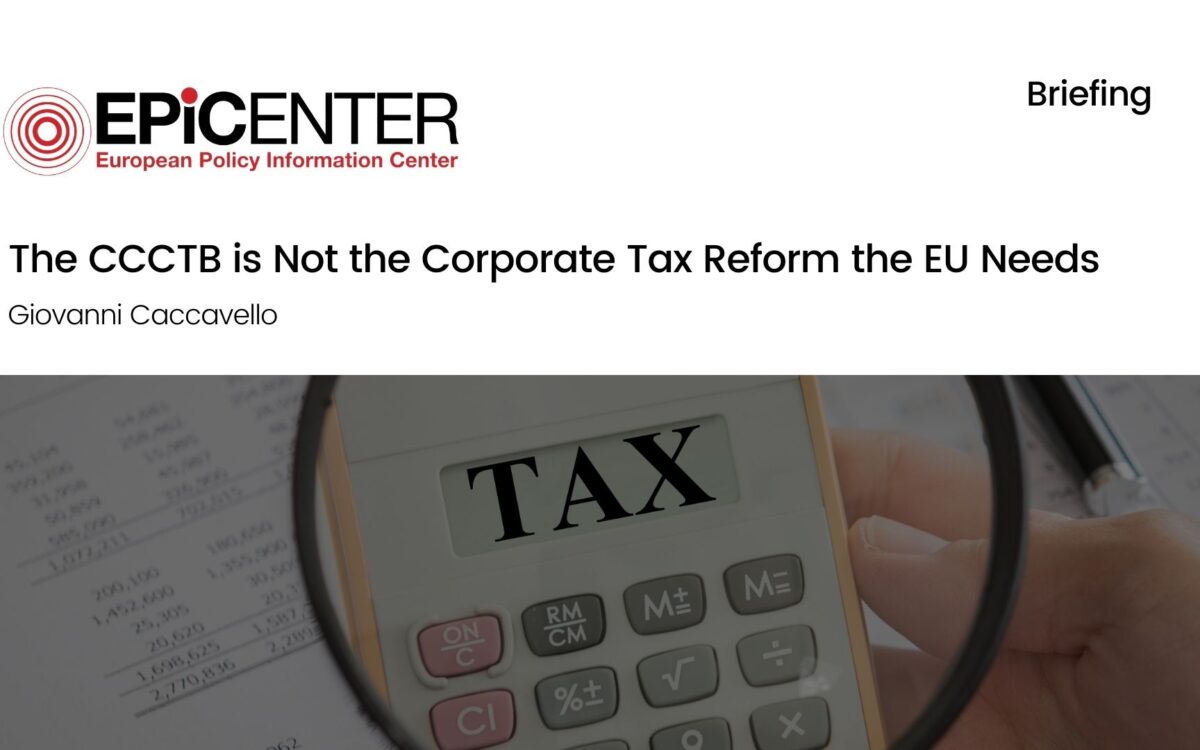November 1, 2017
n the wake of the Ecofin meeting that took place in Tallinn on September 15-16, the European Commission published a communication on “A Fair and Efficient Tax System in the European Union for the Digital Single Market” — code for “How to extract more tax revenue from multinational digital companies”.








